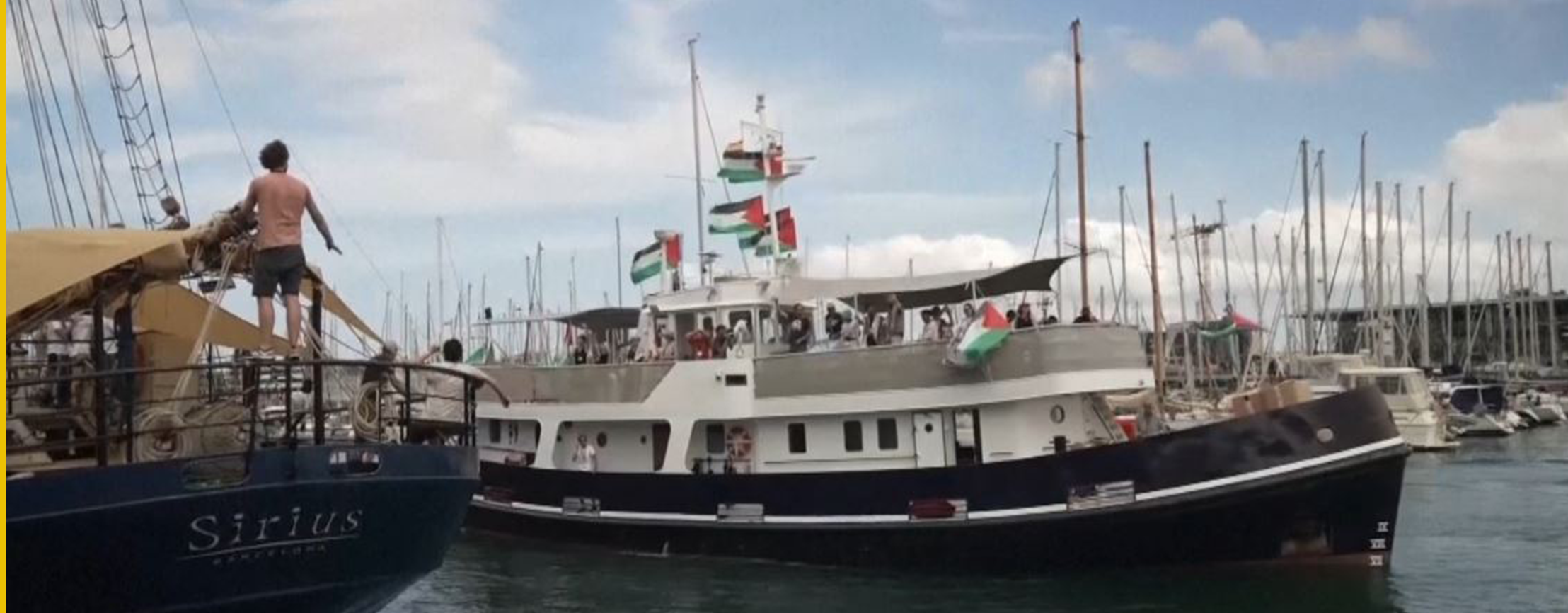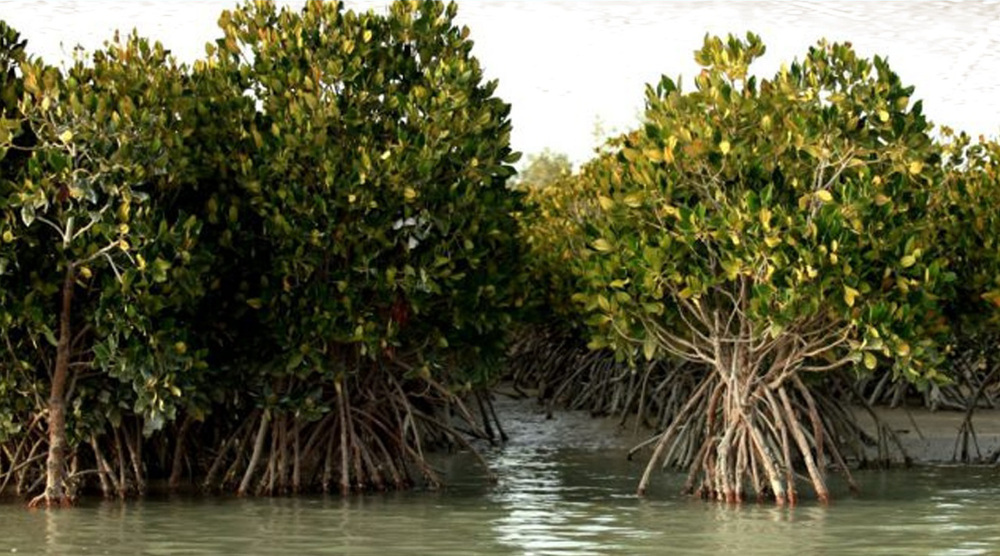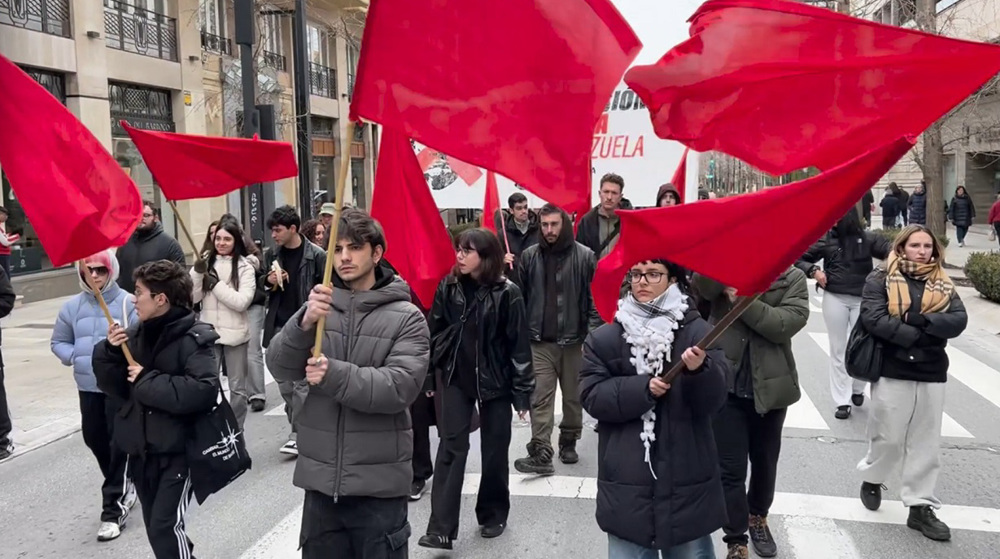Diego Maradona- a global icon
Murtaza Jafeer
Press TV, London
World superstar Diego Armando Maradona has died after suffering a heart attack at his home in the suburbs of Buenos Aires, Argentina. At just 60 years of age, the footballing icon has shocked the world for one last time.
As news broke, mourners gathered across the world to pay their respects. Tributes poured in as the sense of loss was palpable across the globe. Argentine President Alberto Fernandez declared three days of national mourning.
In Napoli, Italy, fans gathered outside the city’s San Paolo stadium where Maradona captained the club’s most successful period. As a tribute, the club will rename their stadium in honor of him.
Champions league matches throughout Europe held a minute’s silence for the superstar who is held as one of the best if not the best to have ever played the game.
But like very few, Maradona transcended his sport. He was a global icon loved by the people. The Media could not get enough and followed him everywhere. Much was made of his life outside of football as the icon struggled with addiction, but for many that was part of his appeal. He was real and not a carefully choreographed PR exercise. He was a flawed footballing genius who managed to capture the imagination of the world.
Despite his stature, his personality was enormous. He famously said, "I am Maradona, who makes goals, who makes mistakes. I can take it all, I have shoulders big enough to fight with everybody."
This fighting spirit shone through in the man’s politics. While the mainstream media will focus on his footballing abilities, human rights campaigners across the world know they have lost a true advocate for social justice. A staunch anti-imperialist who used his platform to challenge global powers, he ardently campaigned against the Iraq war and condemned global powers destroying Syria.
In 1986 when the icon scored the infamous hand of God against England, he said it was symbolic revenge for Britain’s Falklands war against Argentina.
When it came to the Palestinian cause, he proudly wore his support.
The footballing icon was a great advocate of socialist leaders in South America and was great friends with Cuban revolutionary leader Fidel Castro. He famously described him as his second father. As fate would have it, Maradona would pass away on the same day as his revolutionary friend, only four years apart.
The shock across the world is still raw. For many, the icon passed on far too young, but Diego Armando Maradona lived his life to the fullest. He was a small man, but stood head and shoulders above all on the football pitch and inspired millions off it. He will be remembered as one of the greatest ever.
US pressure contributing to Israeli influence in Latin America: Experts
‘Enough orders from Washington’: Venezuela’s interim president slams US pressure
US officials defend fatal shooting as video contradicts government statement
VIDEO | UK Activists plan new flotilla to break Gaza siege
Israeli minister blasts Trump’s ‘Board of Peace’ plan, calls for Gaza occupation
Iran Judiciary says detained rioters not denied medical services
Discover Iran: From red earth and blue seas to green forests – natural wonders of Hormozgan
German economists urge withdrawal of gold reserves from US









 This makes it easy to access the Press TV website
This makes it easy to access the Press TV website